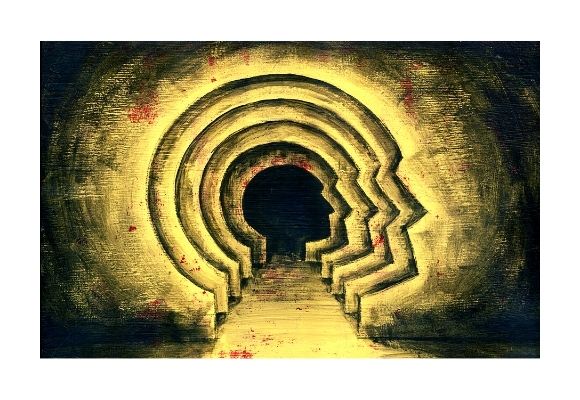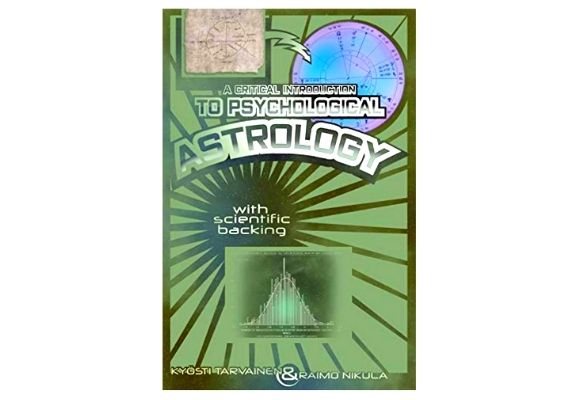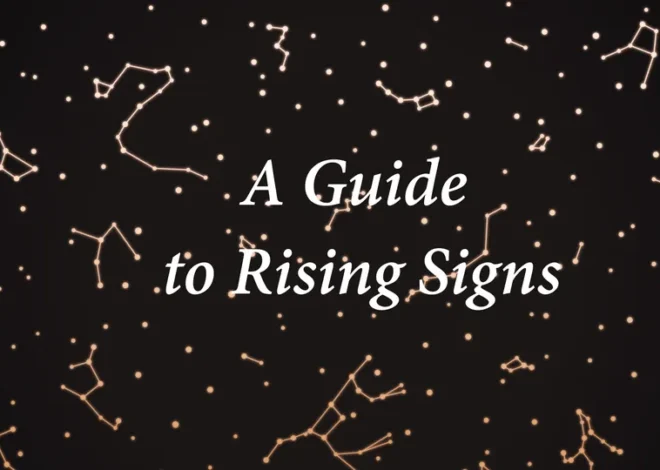
Astrology is a Rare Profession, Experts Claim
If studying astrology is on your to-do list, you may want to consider these bon mots from a pair of Finnish astrologers who recently self-published an insightful new book titled A Critical Introduction to Psychological Astrology – With Scientific Backing.
Being an astrologer puts you in “a rare profession” the authors claim.
Co-author Kyosti Tarvainen, PhD, is an Associate Professor (Docent) Emeritus of Systems Analysis and has published 15 major statistical studies on astrology in the peer-reviewed journal Correlation. The other author, astrologer Raimo Nikula, BA, has written 10 books on the subject.
According to the authors, how astrology is practiced is usually straight forward.
“A client is interested in astrology, books time for an interpretation session, and provides his or her own birth data (time, date, and place). The astrologer uses a computer to construct the astrological birth chart. Then, during the meeting, the astrologer interprets the chart for the client, listens to his or her comments, and suggests methods of working through his or her possible problems.
“Usually, people just want to hear what’s in the chart – one reading, and that’s it. Many are familiar with astrology, at least superficially. And some have studied it themselves or have taken astrology courses,” the authors point out.
However, for many reasons, consultation work in astrology is anything but easy.
“First, the astrologer must consider the client’s level of self-awareness, which varies extensively. Some people understand themselves well and are aware of the layers and complexities of their personalities. Some are partly aware of themselves while others are living their lives through shallow self-images.
“Nothing in our society impels one to become aware of oneself. Most people merely live according to norms, laws, and general expectations. One can thrive without paying attention to who the subject “I” really is. Astrology is an educational tool that can increase one’s self-awareness when one’s interest in the subject is awakened.”
“People go to an astrologer for the same reasons that so many turn to a therapist immediately after a crisis has either caused their lives to crash or is knocking at the door. Something is not working, and problems accumulate or recur. The client needs an outside view, and astrology provides insight, which comes from the sky, the universal environment, the solar system in which the human being is born. The birth chart is a representation of the person who is set in the center of a cosmic situation at a given moment in a specific place,” they write.
The authors explain that astrology can provide long-term therapeutic counseling. However, clients usually just want a onetime interpretation of the whole chart. Or they may just want an astrological explanation for a relationship that is going awry, or to know what the chart is saying about the upcoming year and what developments to expect.
“For their practical lives, people want easy solutions from astrology. This desire puts the astrologer in a difficult situation as it would be educational for clients to also deal with the sensitive points and problematic themes in their charts. It would be easy to give only pleasant readings, but this would be cheating,” they suggest.
Having a positive attitude towards a client’s predicament is always recommended, but the astrologer needs to remain realistic when meeting people who expect easy solutions.
“Sometimes, when clients refuse to understand their problem areas, the situation is a therapeutic deadlock. All the difficulties that psychologists encounter in their counseling work also appear in the work of astrologers.”
Tarvainen and Nikula explain that different astrologers work in different ways. Some do face to face consultations, but astrological readings can also be provided in writing. However, written personal interpretations are not common as few astrologers want to do them. Written interpretations take time, and the rewards are minor compared to the workload, they say.
The astrologer can also work via telephone or using video conferencing systems such as Skype or Zoom. Phone calls and video meetings can be recorded.
Meeting directly with clients in any of these ways “gives the astrologer useful information about how, among several possibilities, the astrological factors are being expressed. This information may lead the consultations towards specific considerations of the clients’ lives, which for them are more meaningful and helpful than written interpretations.”
The astrologers note that some computer-generated astrological reports have programs that allow astrologers to write their own interpretation texts for different astrological factors, which are then collated into the program. But the problem with these systems is “they lack the sense of context; they merely print the analysis of the astrological factors one by one. For all of those who have, for example, Venus and Mars in the square (90 degree) aspect, the same text is used. Although computer interpretations have advanced, and some programs have implemented artificial intelligence, it’s difficult to avoid superficiality.
“For astrologers to make good interpretations, they need to have extensive theoretical knowledge and practical experience, extensive personal involvement in astrology, and many years of studying at home or at astrology school or taking online courses are necessary preparation for astrologers.”
Astrology is a professional area of its own, and it requires the ability to combine different factors found in the horoscope.
The authors write that it is good to have empathy, a desire to help others, and a broad understanding of human beings. Having a formal education in psychology can also provide the astrologer with extra support. Because the work of an astrologer includes character delineations, the astrologer must have an in-depth knowledge of astrological factors.
Language skills are needed to distinguish shades and nuances, and to make the astrologer’s speech or writing expressive.
“Many well-known astrologers have displayed a mix of intellect, aesthetics, and sensitized human consciousness. For astrologers, experience accumulates and helps them to develop professionalism, reliability, the ability to realistically assess people’s capabilities and skills, and the ability to identify essential issues related to interpretation,” they say.
The authors acknowledge that many identify with a more simplistic form of astrology that has nothing to do with serious astrology. Newspapers and periodicals publish astrological Sun sign columns that are solely based on the position of the Sun in the 12 zodiac signs on the date of birth.
“Astrologers are divided into two camps with regard to newspaper horoscopes. Some assume they are necessary to keep the whole idea of astrology alive. The other opinion is equally powerful: newspaper horoscopes have distorted the essence of astrology.”
Tarvainen and Nikula think newspaper horoscopes have been “an unfortunate step backwards.”
In newspaper horoscopes, the multi-dimensional astrological symbolism has been removed and reduced to an interpretation that is solely based on where the Sun resides in the birth chart on the date of birth. What’s missing are a confluence of factors, including such things as where the Moon is (in what astrological sign) and which astrological sign is rising on the Eastern horizon at the time of birth.
Looking ahead, the authors think interest in astrology will grow “because we now have solid evidence, required by our scientific age, for the existence of astrological influences.”
A major challenge for astrologers is how to paint an adequate picture of astrology for the public, and how to demonstrate the significance of astrology for one’s self-awareness and one’s respect and tolerance for others,” they opined.



